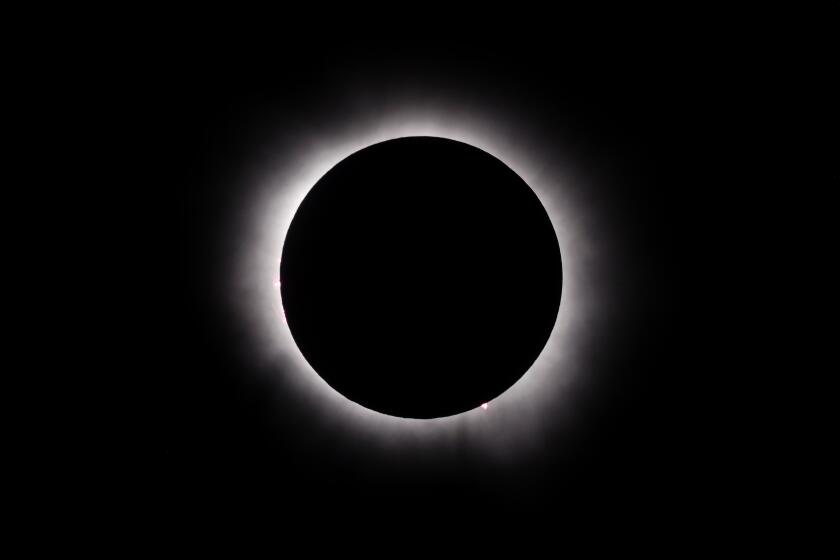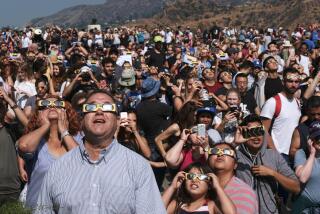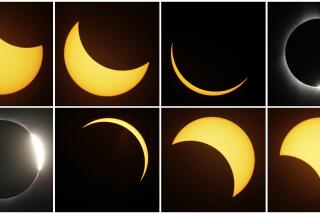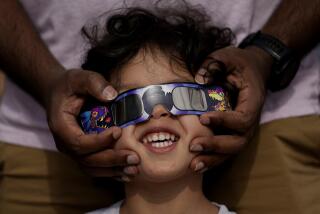OK, the eclipse was cool, but those glasses arenât. Now what?
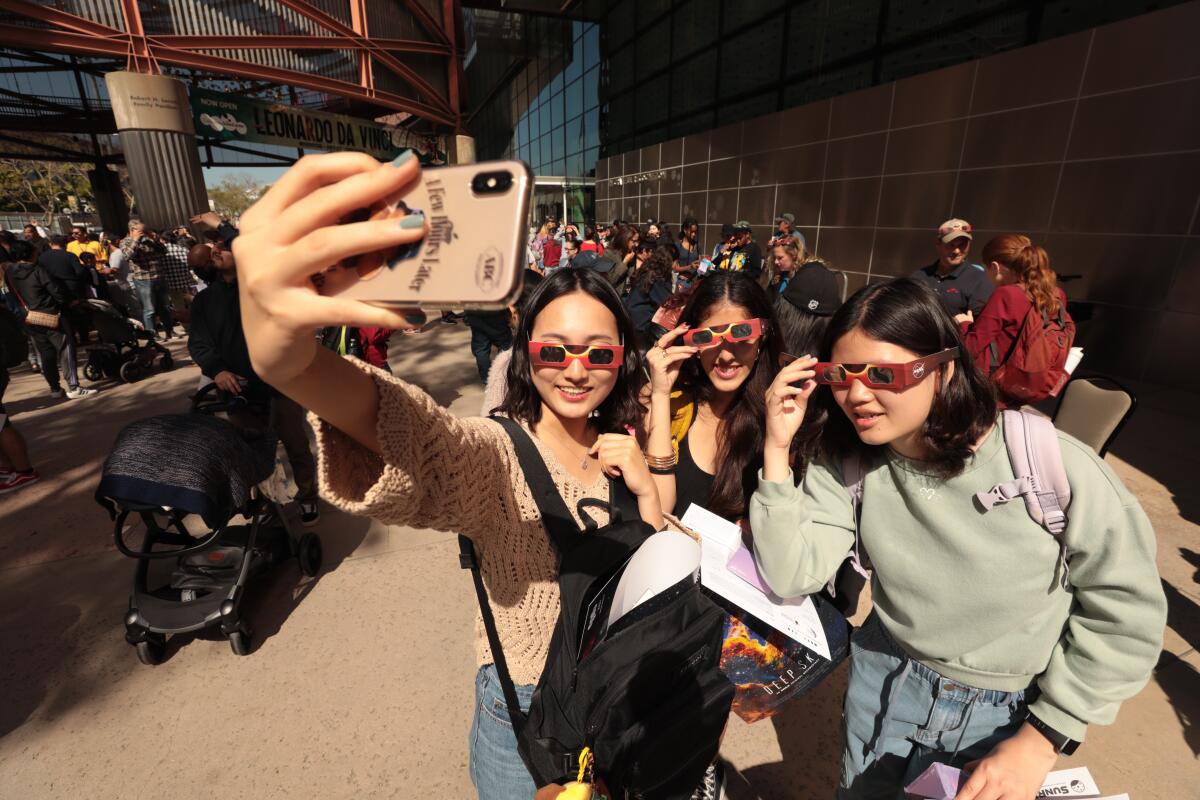
OK, you hopped on the eclipse bandwagon, did your research and viewed the celestial miracle responsibly. But now what are you going to do with those odd-looking glasses?
Fact is, you wonât need them again in most of the U.S. for a couple of decades, and some glasses are good only for about three years. (The next total solar eclipse that will be visible from the contiguous U.S. is in 2044, according to NASA.)
Thatâs where a group called Astronomers Without Borders comes in. Instead of letting the goofy goggles pile up in landfills, theyâre collecting them to send around the world so people in Africa, Asia and South and Central America will have a safe way to stare in awe as the moon blots out the sun over their homes.
Another group, Eclipse Glasses USA, focuses on kids in developing countries who will have learned about an upcoming eclipse in school but might not have access to the glasses theyâll need to safely take a long, hard look.
âItâs not just about viewing an eclipse; itâs about bridging gaps, connecting people through a shared experience and igniting a passion for the cosmos in young hearts,â according to the Eclipse Glasses website.
Millions of people across the U.S., including in Southern California, looked up at the sky to witness a rare total solar eclipse Monday.
If you canât spare the time to bridge gaps and connect the world with your used shades, at least take a second to separate the lenses from the paper frames before tossing them. The paper is recyclable; the lenses are not, so they should go in the trash.
More to Read
Sign up for Essential California
The most important California stories and recommendations in your inbox every morning.
You may occasionally receive promotional content from the Los Angeles Times.
